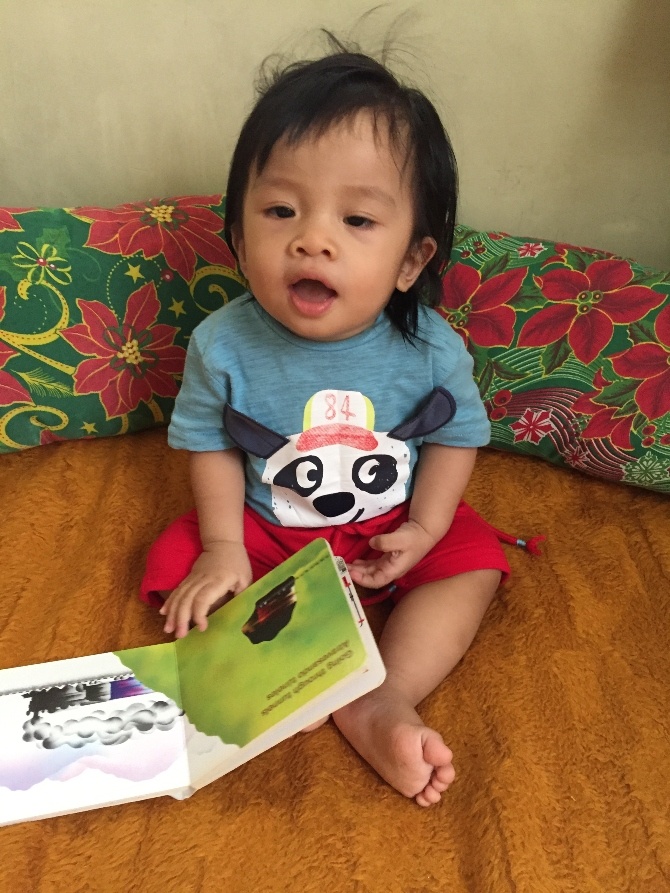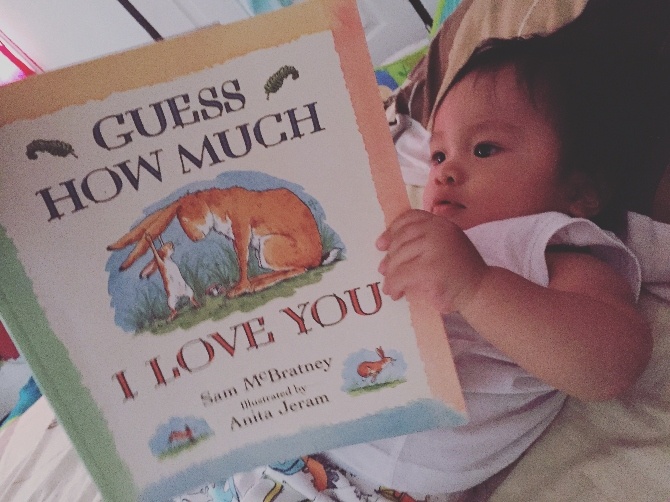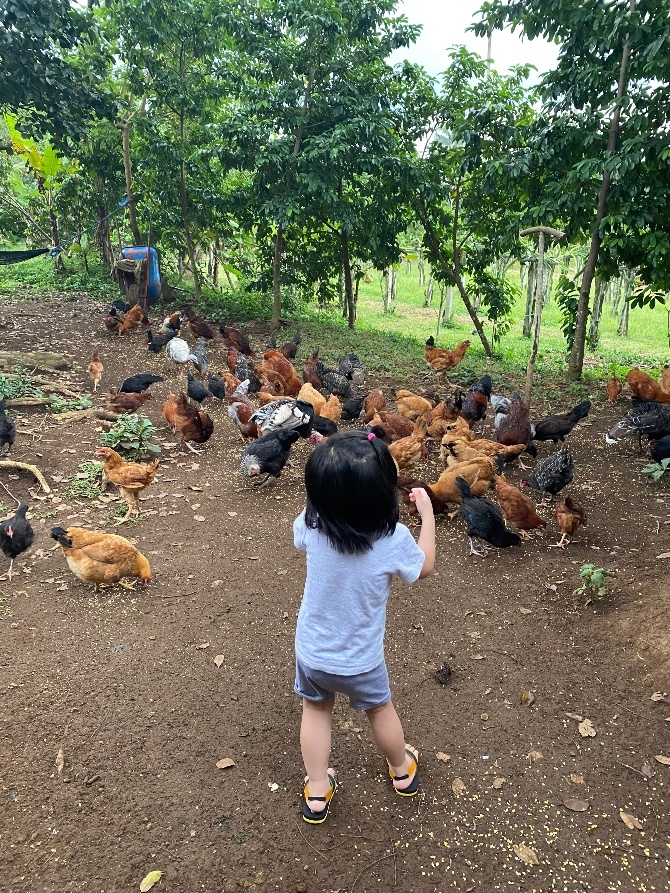It took five days for me to decide if I’d post Atlas’ reading video or not on social media. Why the hesitancy and deliberation? I was simply anxious.
You see, my child is bright as all get out; he loves to read, count, sing and hum in almost perfect tune, and play Grand Theft Auto on his father’s PlayStation and phone (this one’s another topic for another day).
Where my anxiety lies is in comparison. It’s in the sense that other parents might start comparing their child to him, which is inevitable, and I know I sound sanctimonious here and maybe downright cuckoo, but I think of it because I am that parent too.
Here’s the video!
My 4-Year-Old Son Has Speech Delay — But He Can Read!
Atlas has a speech delay. Now, at 4, he still can’t utter sentences to communicate with us; he doesn’t even call us mum and dad. He nudges us when he asks for something or says specific words for his specific preferences like “banana”, “yoghurt”, “up”, “shower”, “pizza”. Instead of saying, “Mummy, I want some banana”, he nudges me or take my hand and leads me to where our bananas are, and that’s when he says “manana”.
It used to bother me why he couldn’t be as language savvy as kids of his age and those who are younger than him. Now, when you talk to him, he will mimic your words and say them right back to you.

My 4-year-old son has speech delay — but he can read!
He understands some commands and some he can’t, but oh my heart, he’s one empath boy. He can read tones and facial expressions, and he’s all about music. He cries at sad melodies, gets extra happy with upbeat, and won’t sleep without Hamilton’s “You’ll Be Back”.
The Learning Process

Let’s get back to his reading. If speech is his challenge, cognitive is where he takes in spades. He has a fantastic memory, which is how he reads. His learning process is quite different. When he encounters a word, he memorises the letters’ sequence and remembers how they should be read.
He doesn’t focus on the sounds of each letter in a word. He relies on his memory of what this particular sequence of letters is supposed to be. For example, the word “happy”, he doesn’t read it in the way of how h, a,p,p,y sounds individually and connect them. He reads “happy” based on the sound he remembers of the entire word. Okay, I might just be getting confusing here. Haha.

I want to get across that every child is different, and they have varying learning curves and learning processes. Atlas isn’t enrolled in any class yet, but his father reads to him every day.
He doesn’t like to write, so we’re not pushing it at the moment. He knows a lot and prefers exploring new things on his own. We’ve already bought guidebooks to start his homeschooling, but we’ve yet to use them.
We’re more focused on finding ways so he could run, chase chickens, see different kinds of plants and trees, enjoy the sun, and touch some raindrops. At the moment, we’re focused on finding an approach in which we won’t take the joy out of his learning, something like purpose-learning.

As a parent, all I want is for him to be healthy and grow up as a critical thinker who knows how to solve actual problems by understanding said problems, compassionate, and someone who lives by his passion.
This article written by Pheona Ilagan was first published on the theAsianparent Philippines and was edited and republished with permission.
ALSO READ:
What You Need To Know About Late Talkers And Speech Delay
10 Best Toys for Speech and Language Development in Children

 Together Against RSV
Together Against RSV SG60
SG60 Pregnancy
Pregnancy Parenting
Parenting Child
Child Feeding & Nutrition
Feeding & Nutrition Education
Education Lifestyle
Lifestyle Events
Events Holiday Hub
Holiday Hub Aptamil
Aptamil TAP Recommends
TAP Recommends Shopping
Shopping Press Releases
Press Releases Project Sidekicks
Project Sidekicks Community
Community Advertise With Us
Advertise With Us Contact Us
Contact Us VIP
VIP Rewards
Rewards VIP Parents
VIP Parents
